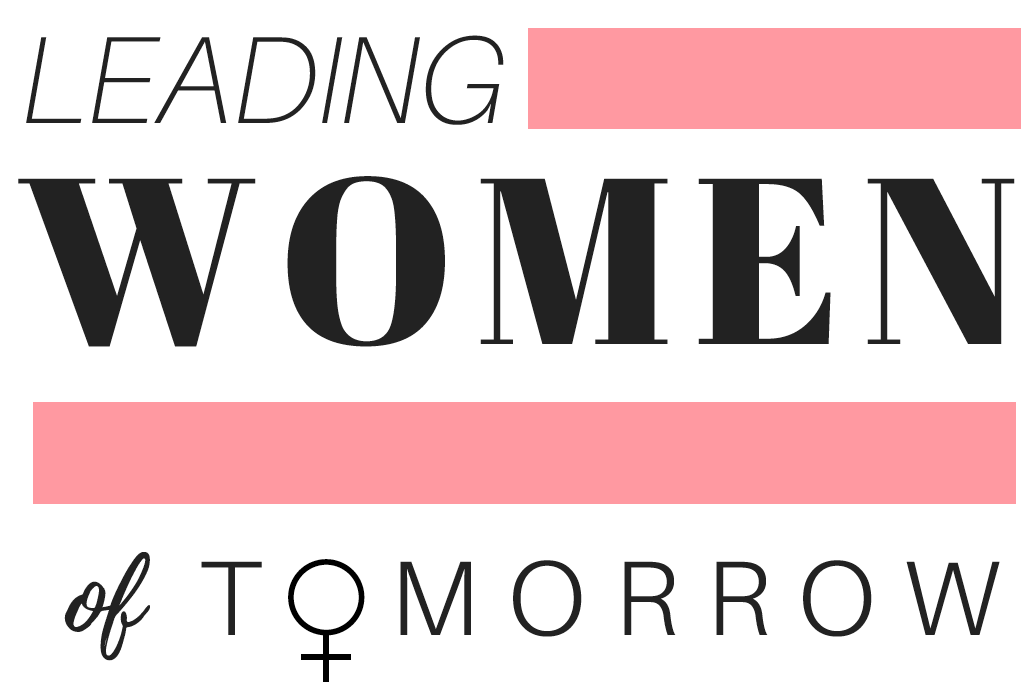Transgender Women: A Seat At The Table
Danica Roem, Christine Hallquist, and Andrea Jenkins are among just a handful of politicans who openly identify as transgender. Danica Roem was elected to the Virginia House of Delegates in 2017, breaking the glass ceiling in the process. She is the first openly transgender person to be elected to the Virginia General Assembly and in January 2018 became the first to both be elected and serve while openly transgender in any U.S. state legislature. Christine Hallquist is the first openly transgender major party nominee for governor in the United States, winning the 2018 Democratic nomination for Governor of Vermont. Andrea Jenkins is known for being the first African-American openly transgender woman elected to public office in the United States. Jenkins currently serves as the Vice President of the Minneapolis City Council.
Despite these incredible strides toward more transgender representation in public office, those who identify as LGBTQ are still overwhelmingly underrepresented. More than 4% of Americans identify as LGBTQ, but they make up just .1% of elected officials at all levels of government. As these statistics are extremely disheartening, I ponder the question, “How come we are not electing more LGBTQ public officials?”
In an NBC article titled “Only 0.1 Percent of Elected Officials are LGBTQ, New Report Finds” cites various studies about LGBTQ representation in public office. The LGBTQ Rights and Research Initiative at the University of North Carolina did a 96-country survey in 2013. Researchers scored countries on their LGBTQ equality policies with an eight-point scale. Countries with at least one LGBTQ parliament member scored 3.3 points higher than those without, and those nations were also 14 times more likely to have laws on marriage equality. A 2016 Victory Institute study found that after the United States Supreme Court 2015 ruling legalizing same-sex marriage nationwide, anti-LGBTQ legislation was disproportionately introduced in states with low LGBTQ representation. Of the 30 states that faced anti-LGBTQ legislation after the ruling, nearly 75% of them had one or none LGBTQ state legislators. Yet, in the 20 states that did not face such legislation, 85% of them were found to have two or more LGBTQ state legislators. These statistics point out that having LGBTQ represenation in public office is important for enacting legislation that promotes equality.
Elected officials are supposed to represent the ideals and values of the American people, yet transgender women still don’t have a seat at the table. With the upcoming election on its way, one transgender woman is running for a Senate seat in Delaware. This person came out as a transgender woman while serving as student body president at American University. She was the first openly transgender woman to work at the White House under the Obama Administration. At the 2016 DNC convention in Philadelphia, she was the first openly transgender person to address a major party convention. She is currently the National Press Secretary for the Human Rights Campaign, America’s largest civil rights organization working to achieve LGBTQ equality. If elected, she would be the first openly transgender state Senator in the country. Her name is Sarah McBride.
Vox
McBride had a powerful speech at the 2016 DNC convention that still resonates today. A Vox article titled “Sarah McBride Thought Coming Out Would Kill Her Political Career. She’s Just Getting Started” discusses her political successes and interest in running for a Delaware Senate seat.
“Despite our progress, so much work remains,” she said in the Democratic National Convention speech, foreshadowing the LGBTQ issues at stake in that year’s presidential election. “Will we be a nation where there’s only one way to love, one way to look, one way to live? Or will we be a nation where everyone has the freedom to live openly and equally; a nation that’s stronger together? That’s the question in this election.”
McBride is a force to be reckoned with. She continues to force the LGBTQ equality movement forward despite a horrid anti-LGBTQ administration. She told the Post, “We have to continue to resist attacks. But while we do that, we are still moving equality forward.” McBride lobbied heavily for the Gender Identity Nondiscrimination Act that was signed into law in 2013. Her senate campaign focuses on many progressive ideals such as health care, paid family and medical leave, and criminal justice reform.
An article from https://whyy.org/ cites a quote from Sarah McBride: “This campaign isn’t about making history — this campaign is about making a difference and improving our communities,” she said. “I’m not running as a transgender candidate. I’m running as a health care candidate, I’m running as a paid family and medical leave candidate, I’m running as a criminal justice reform candidate.”
McBride is just 28 years old and has already accomplished so much. Her dedication, drive, and unwavering faith to move this country to be more fair and progressive, despite the current administration who works against equality, gives me tremendous hope. I know that her ambition and drive towards a more equal country will never burn out. In the hopes of having more LGBTQ representation in public office at every level of government, there has to be legislation centered around equality.

